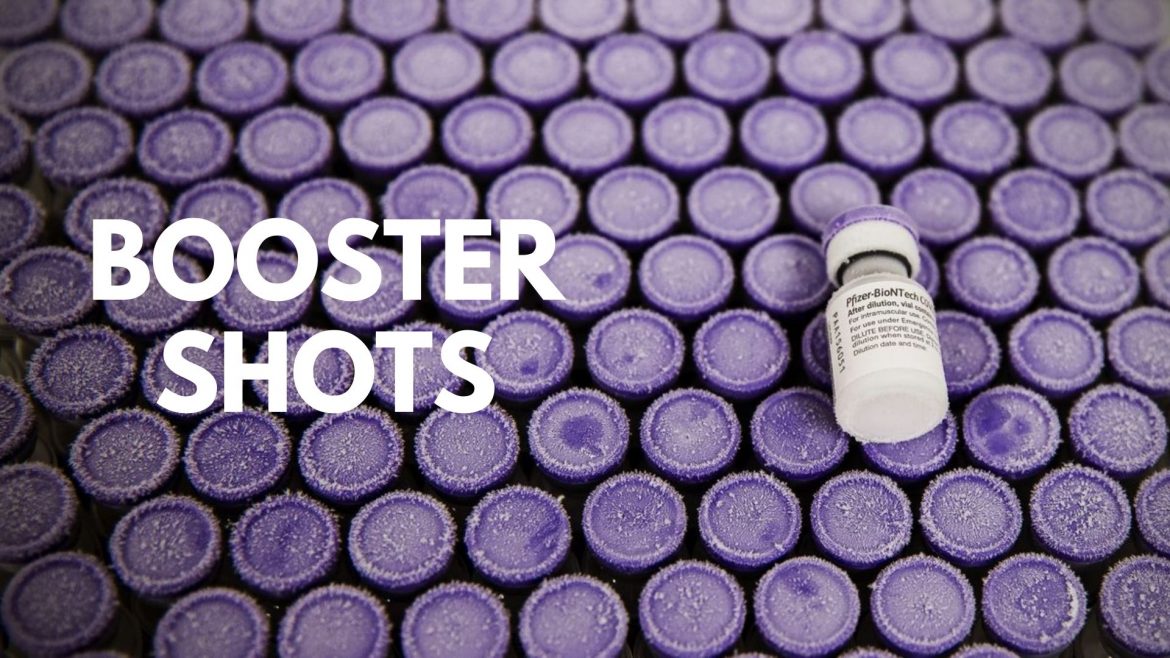According to a new study published in The Lancet Respiratory Medicine, the efficacy of the Covid-19 vaccination may diminish significantly after six months if booster doses are not received.
According to the study, immunizations were 94% effective at avoiding hospitalisation 50-100 days after being given the shot, but only 80.4 percent effective 200-250 days later, with even faster reductions after 250 days.
“This data helps us understand differences in waning protection by vaccine type and identify the key risk factors for severe breakthrough infections to help inform the targeting of potential vaccine booster programmes,” said Amy Compton-Phillips, Providence chief clinical officer.
“Unlike most other studies, our data stretched beyond six months, where we found evidence of rapidly waning protection, especially for patients 80 or older,” Compton-Phillips added.
In addition to examining the effectiveness of vaccines over time, the Providence study was also able to identify factors associated with reduced vaccine effectiveness.
Key risk factors for a severe “breakthrough” infection included advanced age (80+), comorbidities such as cancer, transplants, chronic kidney disease, hypertension, or heart failure, the amount of time that had elapsed since being vaccinated, and the type of vaccine one received.
For the latter factor, the study found that the Moderna vaccine offered the best overall protection over time, while the Pfizer-BioNTech vaccine offered initial protection equivalent to Moderna’s but declined more rapidly over time.
Persons receiving the Janssen vaccine also had higher odds of experiencing a severe breakthrough infection compared to Moderna.
For the study, the research team examined data from nearly 50,000 hospital admissions between April and November of 2021.





